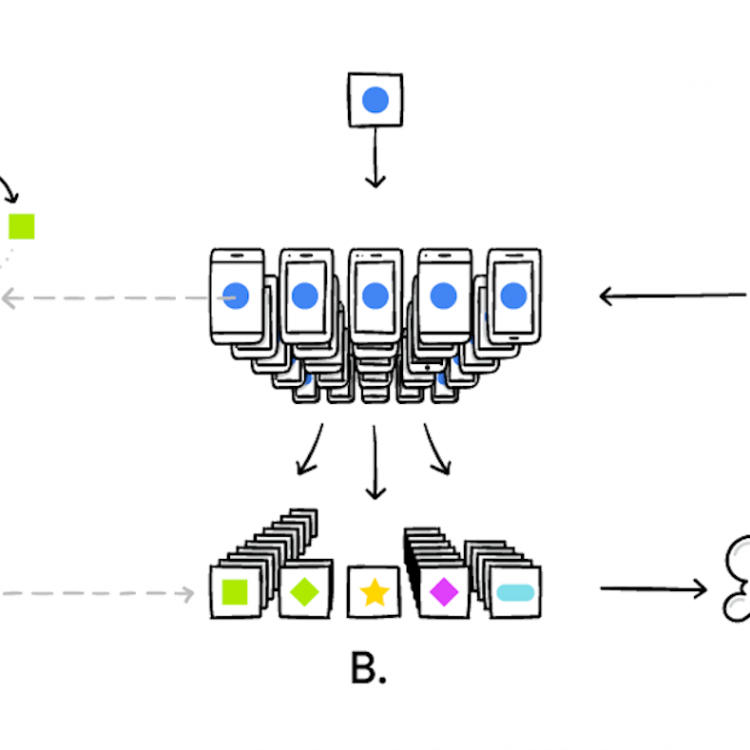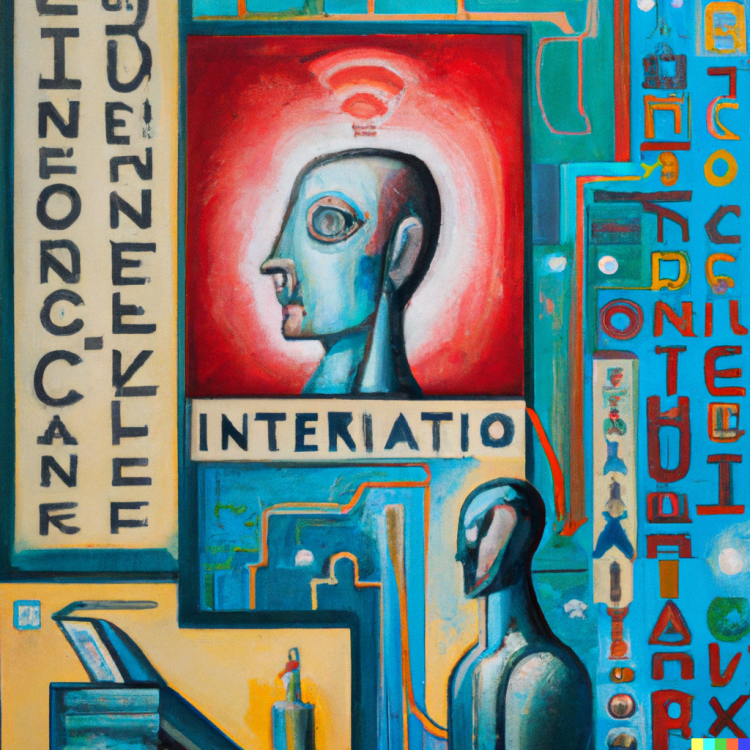Synthetic data generation has drawn growing attention due to the lack of training data in many application domains. It is useful for privacy-concerned applications, e.g. digital health applications based on electronic medical records. It is also attractive for novel applications, e.g. multimodal applications in meta-verse, which have little data for training and evaluation. This project focuses on synthetic data generation for audio and the corresponding multimodal applications, such as mental health chatbots and digital assistants for negotiations.
Research projects in Information Technology
Displaying 41 - 50 of 187 projects.
[NextGen] Secure and Privacy-Enhancing Federated Learning: Algorithms, Framework, and Applications to NLP and Medical AI
Federated learning (FL) is an emerging machine learning paradium to enable distributed clients (e.g., mobile devices) to jointly train a machine learning model without pooling their raw data into a centralised server. Because data never leaves from user clients, FL systematically mitigates privacy risks from centralised machine learning and naturally comply with rigorous data privacy regulations, such as GDPR and Privacy Act 1988.
Explainable AI (XAI) in Medical Imaging
Are you interested in applying your AI/DL knowledge to the medical domain?
Development of AI based Point of Care MRI
Portable point of care medical devices have revolutionised the way in which people receive medical treatment. It can bring timely and adequate care to people in need but also opens up the opportunity to address the healthcare inequality for the rural and remote.
Machine Learning for faster and safer MRI and PET imaging
Machine learning has recently made significant progress for medical imaging applications including image segmentation, enhancement, and reconstruction.
Funded as an Australian Research Council Discovery Project, this research aims to develop highly novel physics-informed deep learning methods for Magnetic Resonance Imaging (MRI) and Positron Emission Tomography (PET) and applications in image reconstruction and data analysis.
Guarding On-device Machine Learning Models via Privacy-enhancing Techniques
On-device machine learning (ML) is rapidly gaining popularity on mobile devices. Mobile developers can use on-device ML to enable ML features at users’ mobile devices, such as face recognition, augmented virtual reality, voice assistance, and medical diagnosis. This new paradigm is further accelerated by AI chips and ASICs embedded on mobile devices, e.g., Apple’s Bionic neural engine. Compared to cloud-based machine learning services, on-device ML is privacy-friendly, of low latency, and can work offline.
Privacy-Aware Rewriting
Despite the popularity of providing text analysis as a service by high-tech companies, it is still challenging to develop and deploy NLP applications involving sensitive and demographic information, especially when the information is expected to be shared with transparency and legislative compliance. Differential privacy (DP) is widely applied to protect privacy of individuals by achieving an attractive trade-off between utility of information and confidentiality.
Explainable Artificial Creativity
Recent advances in machine learning and artificial intelligence models have created exciting new possibilities for creative artists. But understanding how to work most effectively with these models is still a major challenge.
Multimodal Output Generation to Assist Blind People for Data Exploration and Analysis
In the big-data era, the proliferation of data and the widespread adoption of data analytics have made data literacy a requisite skill for all professions, not just specialist data scientists. At the core of data literacy is the ability to detect patterns and trends, or identify outliers and anomalies from data. However, these requirements often rely on visualisations, which creates a severe accessibility issue for blind people.
Social, Political, Economic Studies of Technology and FIRE (Finance, Insurance, Real Estate)
This research project is part of a DECRA fellowship funded by the Australian Research Council for a project titled, Everyday Insurtech: Impacts of Emerging Technology for Insurance. The fellowship will study the development, adoption, and implications of digital technology and insurance—such as tools for capturing individualised data about behavioural risk factors and automating enforcement of policy conditions.



